Three Men Sentenced to Death in India for 1981 Caste Massacre
Court Hands Capital Punishment for Mass Killing of Dalits in Uttar Pradesh
A special court in India has sentenced three men to death for the brutal 1981 massacre of 24 Dalit villagers, including women and children, in Dehuli village, Uttar Pradesh.
The court ruled on Tuesday that the killings fell under the "rarest of the rare" category, justifying capital punishment under Indian law. The convicted men, who claim innocence, have the right to appeal the verdict in a higher court.
A Long-Delayed Justice
The massacre took place on 18 November 1981, when a group of 17 men—most from upper-caste backgrounds—dressed in police uniforms stormed Dehuli village and opened fire on Dalit residents. The attack, which lasted over four hours, was reportedly in retaliation for the murder of a Dalit gang member by his upper-caste associates. The attackers suspected that some Dalit villagers had provided information to the police about the crime.
Survivors recall the horror of that day vividly.
"I was doing household chores when suddenly the firing started," said Rakesh Kumar, who was a teenager at the time. "I hid behind a stack of paddy, and when I came out, I saw many people, including my mother, had been shot."
His mother, Chameli Devi, now 80, was struck in the leg while trying to escape. "They didn’t spare anyone, not even women or children," she said.
Following the attack, fear and devastation forced many Dalits to flee Dehuli. The local administration deployed police forces for months to restore a sense of security, and then-Prime Minister Indira Gandhi visited the village to meet with the survivors.
Decades-Long Legal Battle
Despite the gravity of the crime, justice was delayed for over four decades. Initially, the case was heard in a district court before being transferred to the Allahabad Sessions Court in 1984 on the orders of the state's high court. The trial dragged on for years, often stalling, before it was moved to a special court in Mainpuri in 2024, where the final verdict was delivered.
Relatives of the victims welcomed the ruling but expressed frustration over the long wait.
"Justice came too late. The accused have lived their lives," said Sanjay Chaudhry, whose cousin was among those killed.
Out of the 17 accused, 13 have died over the past 44 years. One suspect remains absconding, leaving only the three convicted men to face sentencing.
Delayed Justice for India's Marginalized Communities
The lengthy judicial process highlights the slow pace of justice in India, particularly for marginalized communities. In 2023, a 90-year-old man was sentenced to life in prison for a caste-based crime that also occurred in 1981, raising concerns over delayed legal resolutions in cases involving disadvantaged groups.
While the death sentences in the Dehuli massacre case mark a legal milestone, they also underscore the systemic challenges in delivering timely justice to victims of caste violence in India.

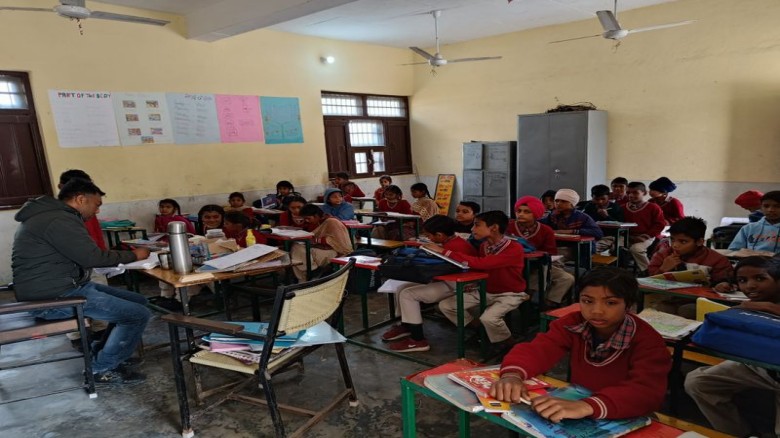
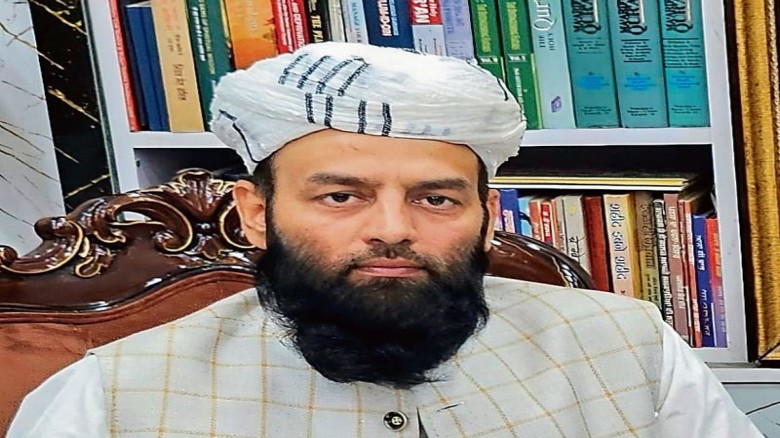
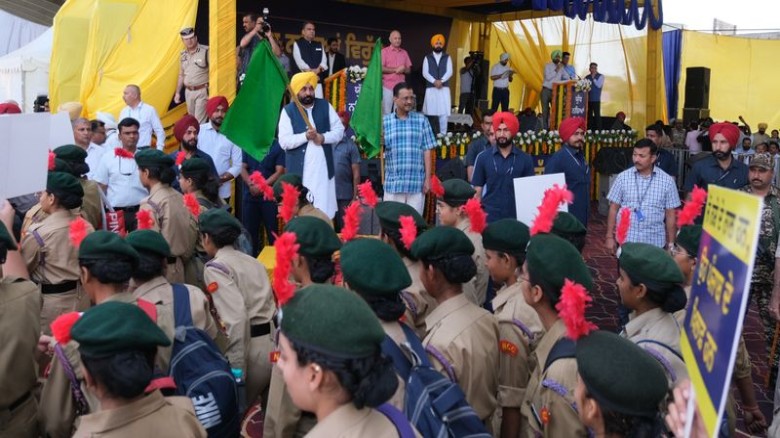
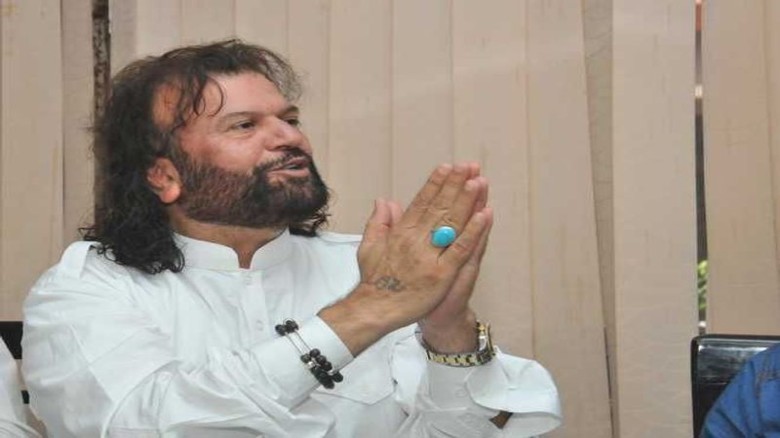

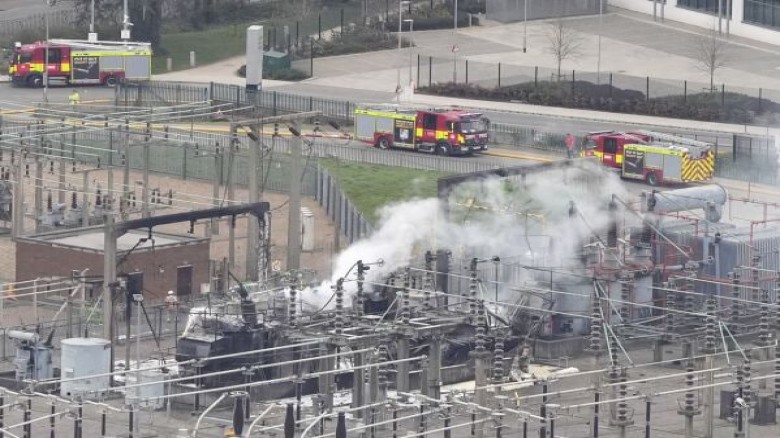
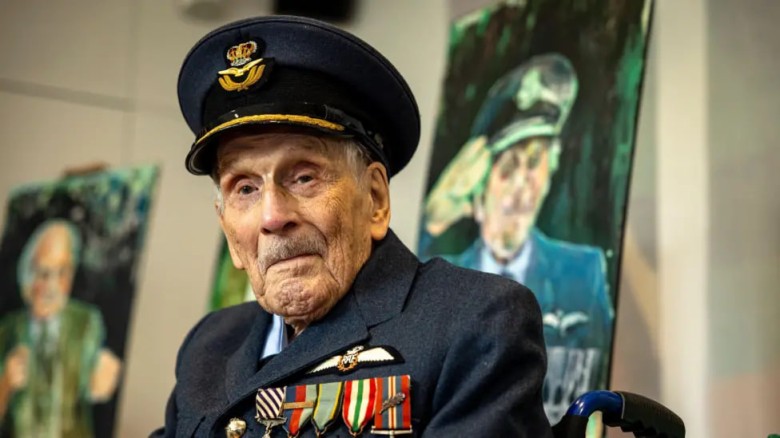

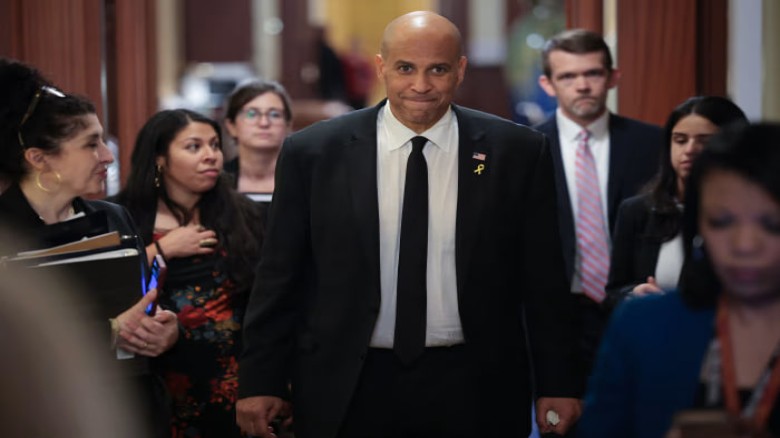
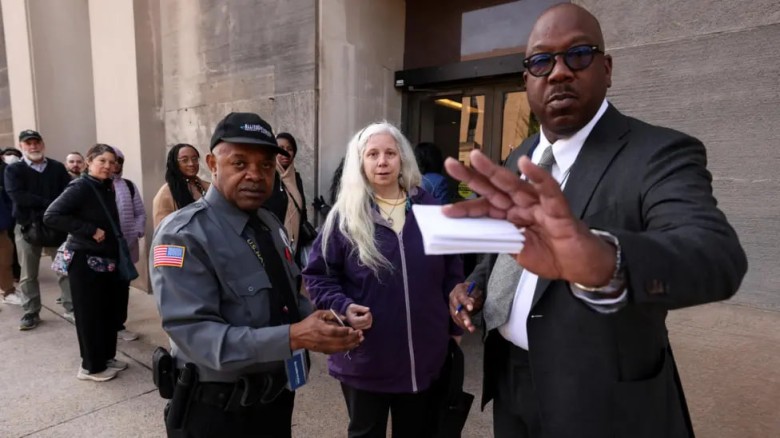
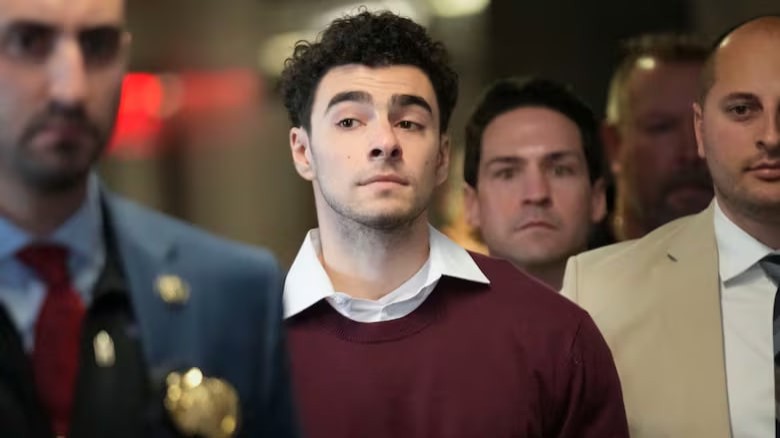
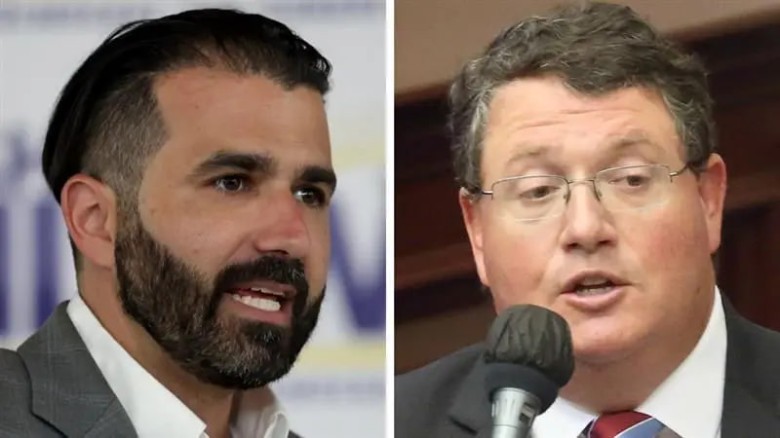

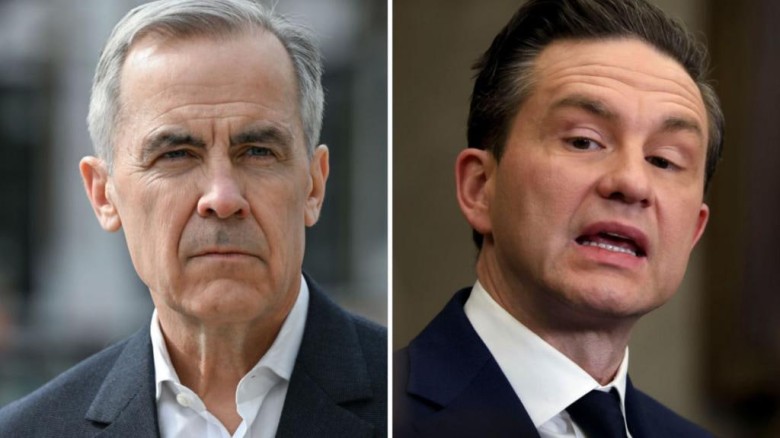
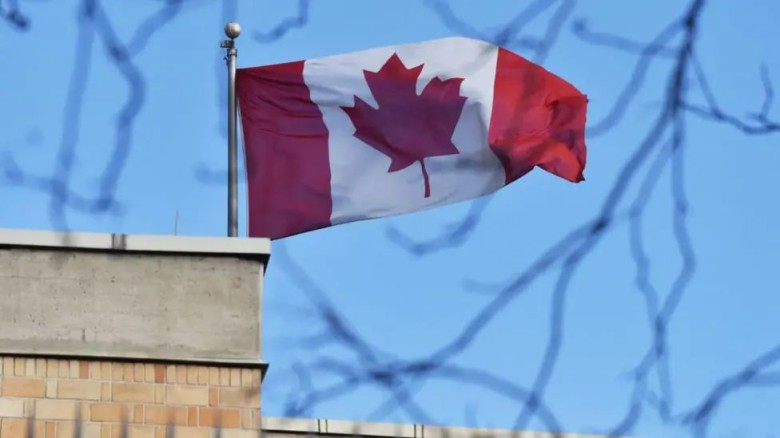
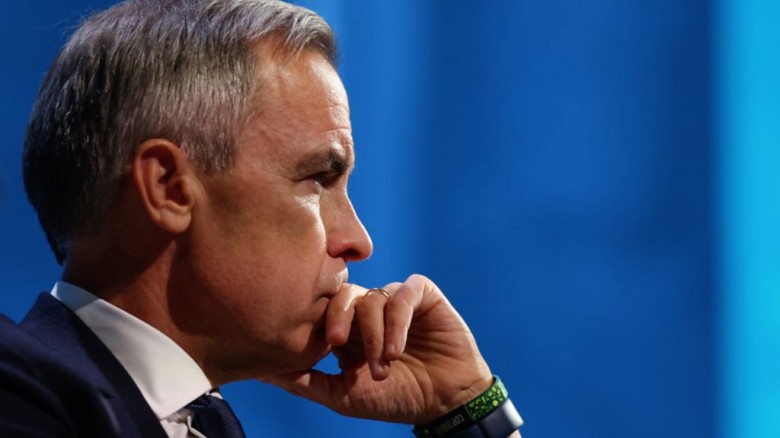

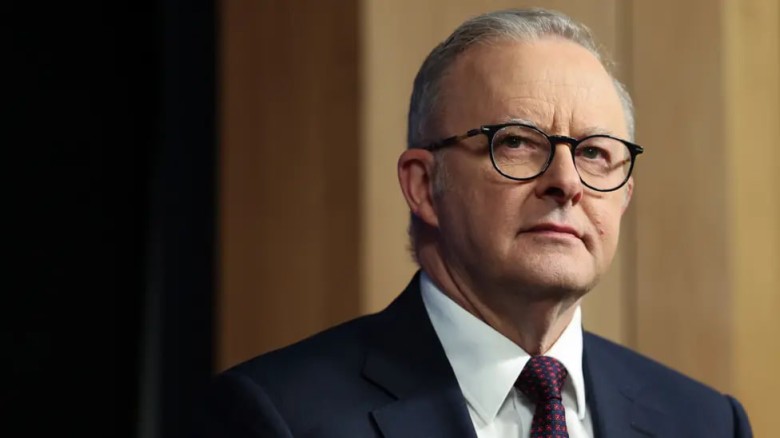
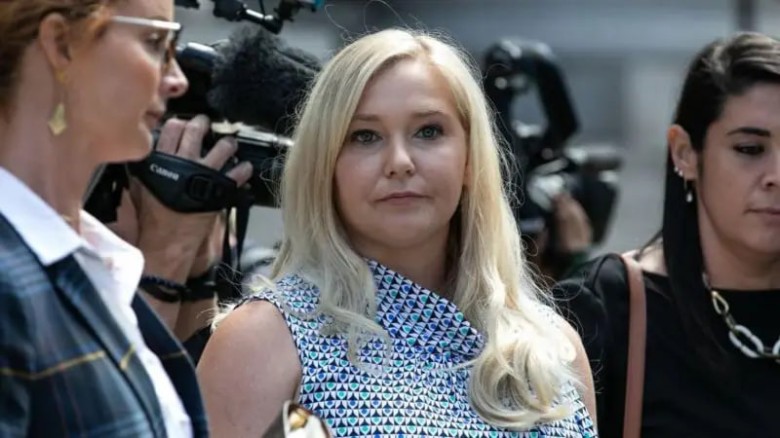
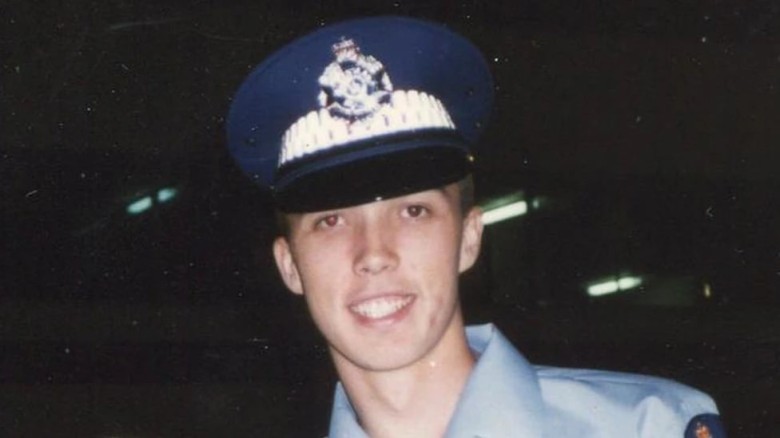
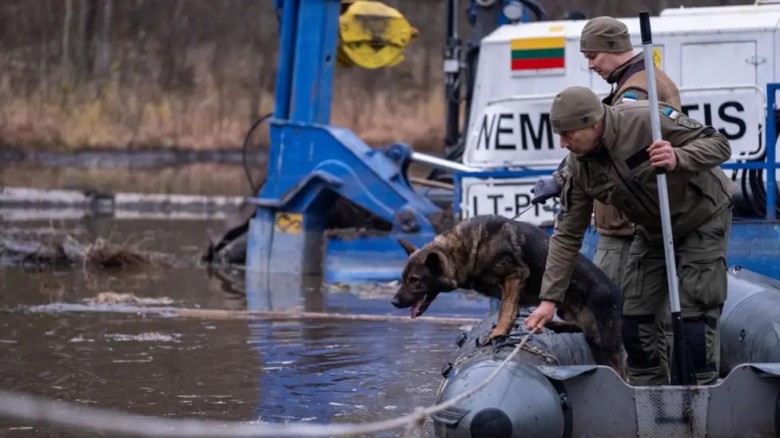
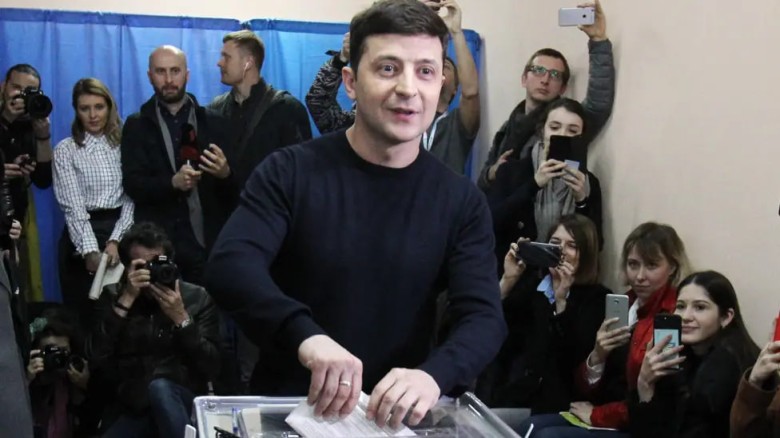
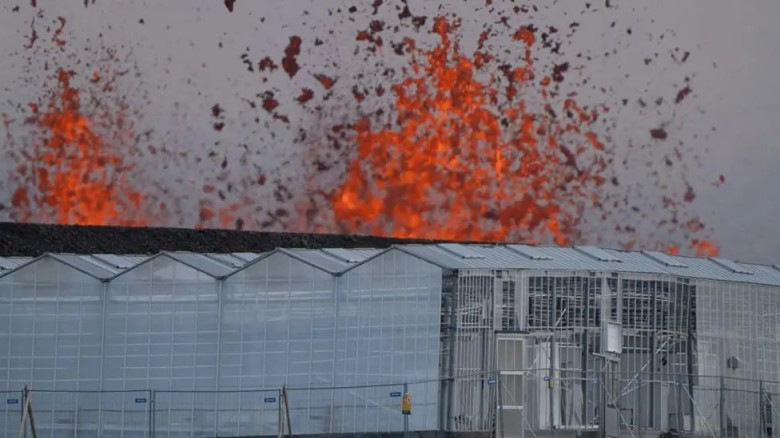
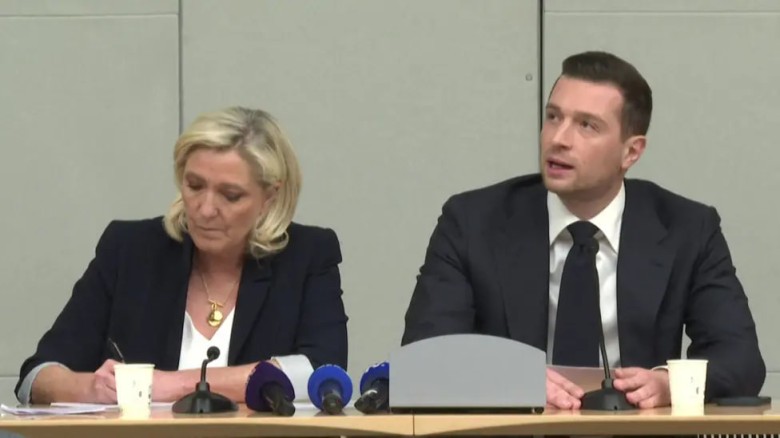
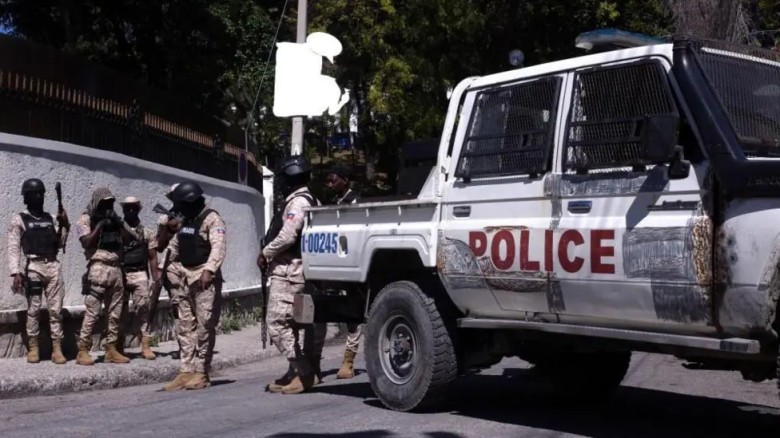
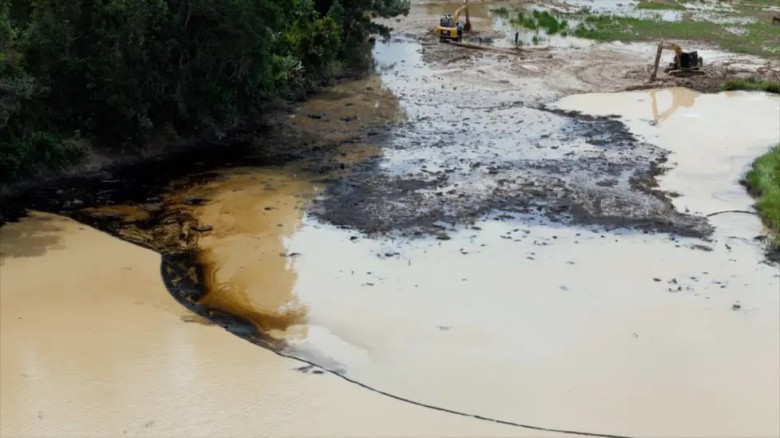
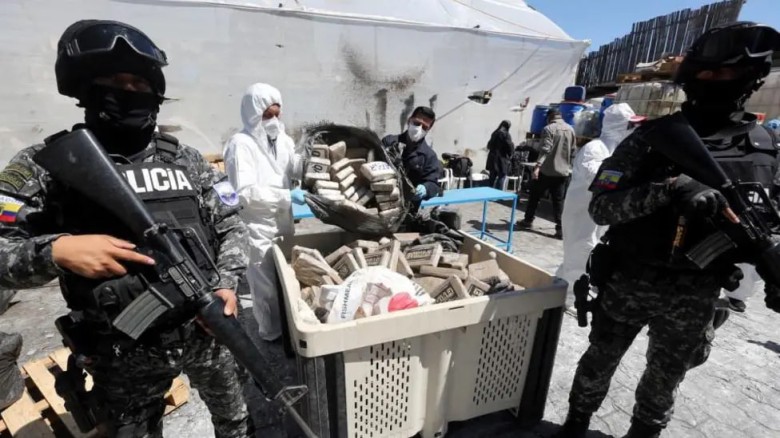
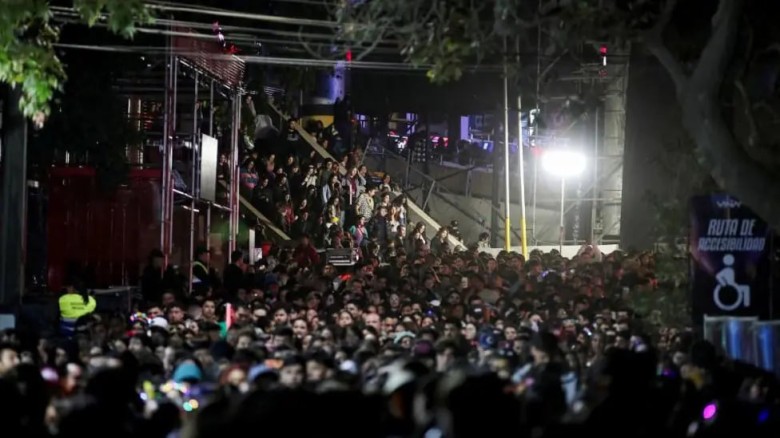





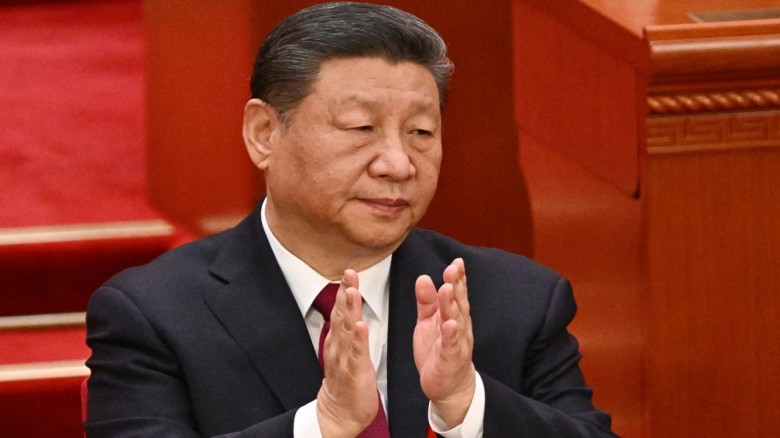
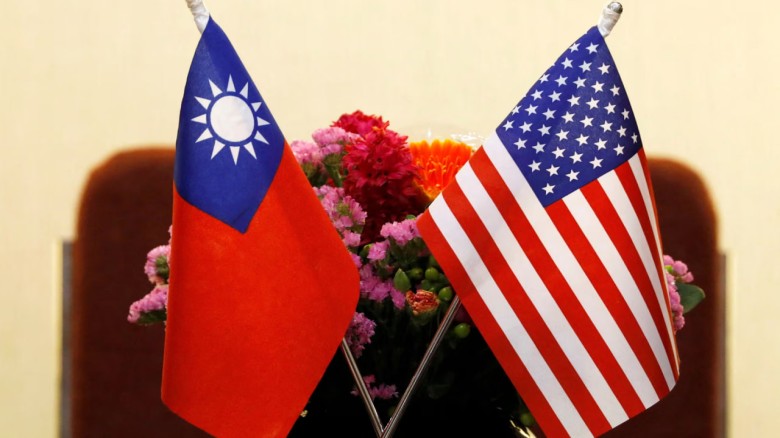

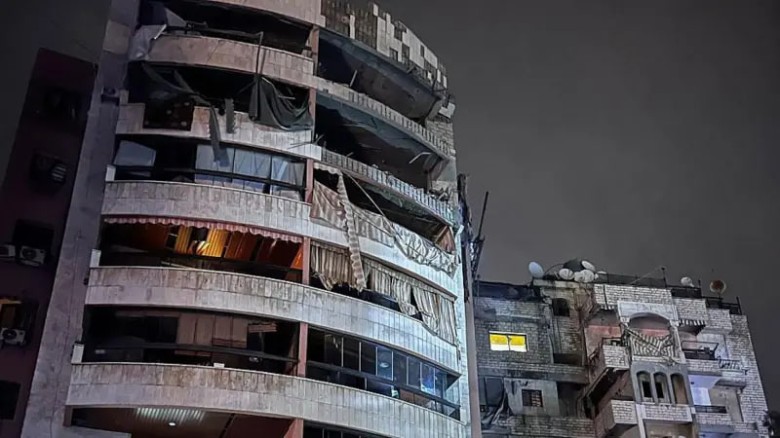
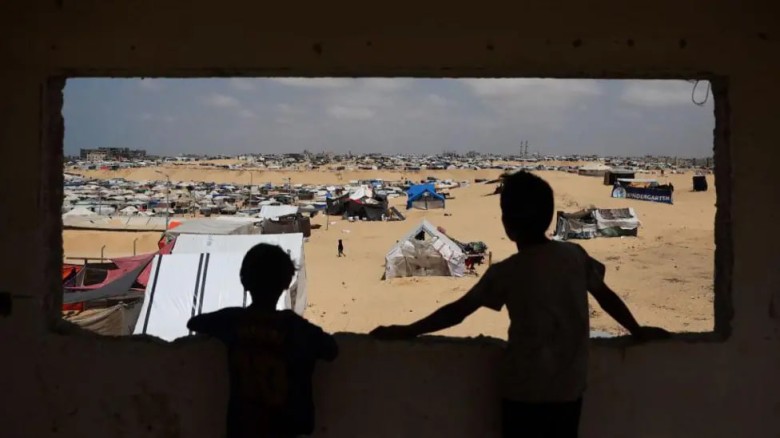
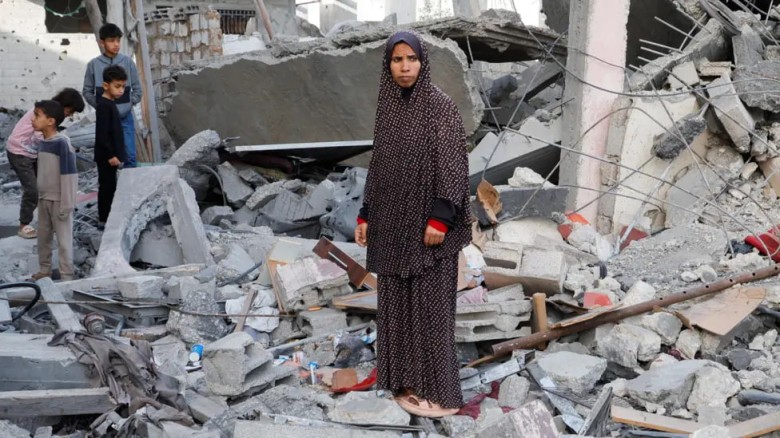
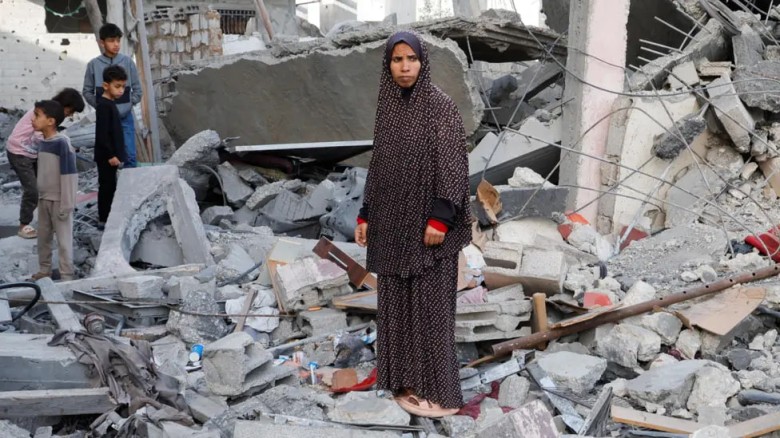

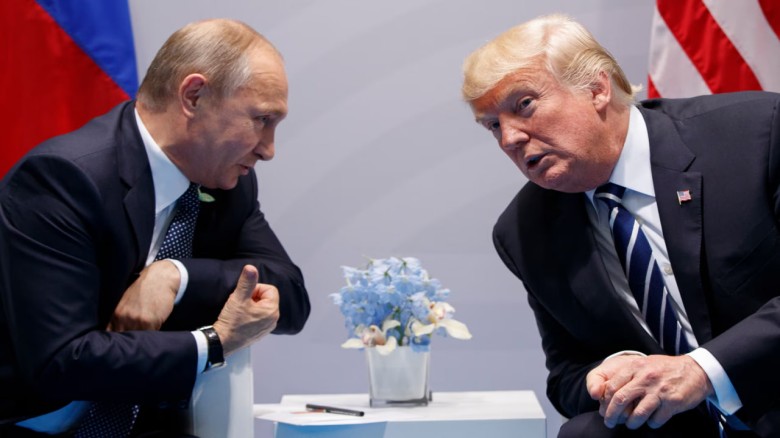
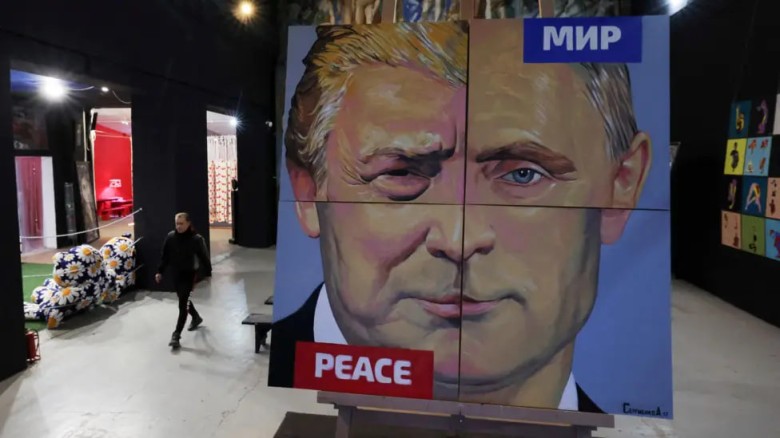
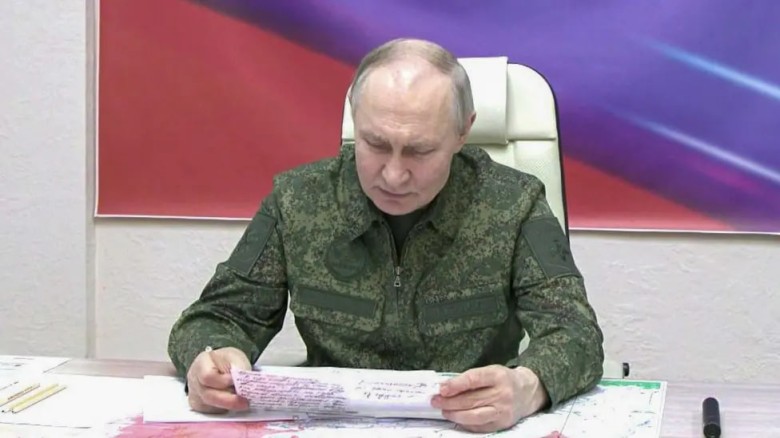



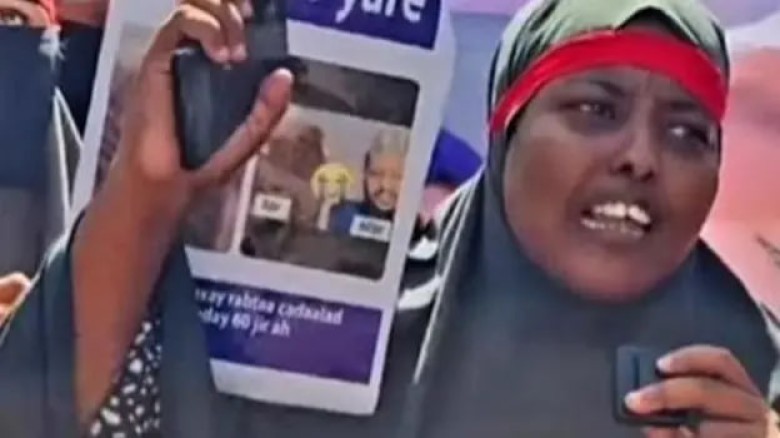
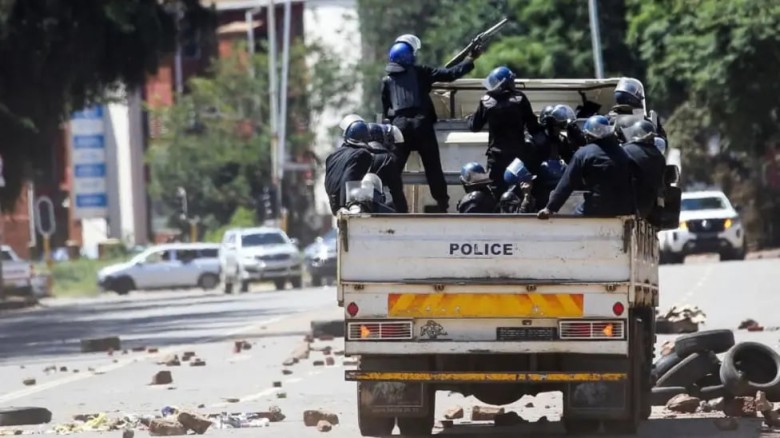
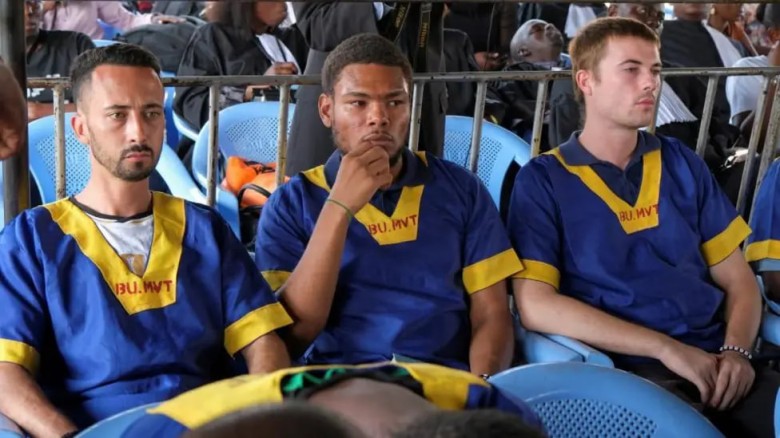
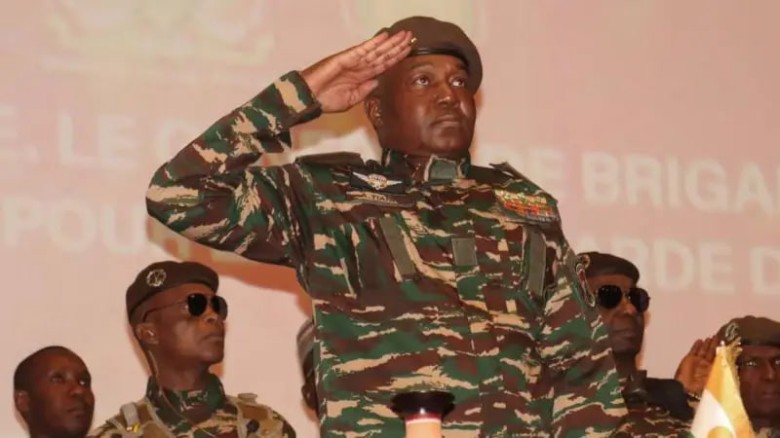







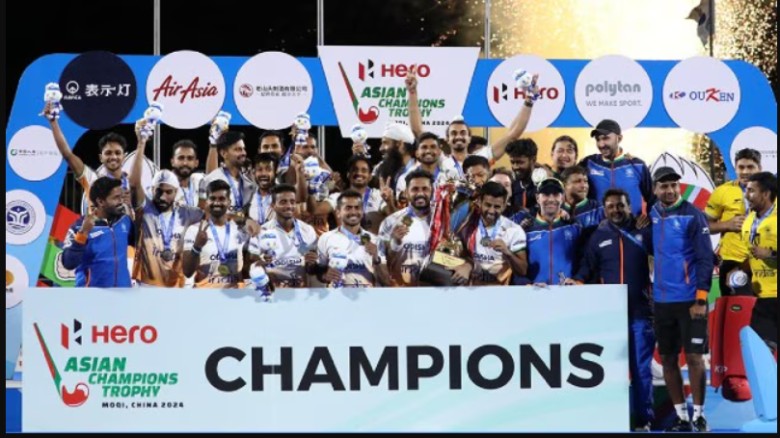



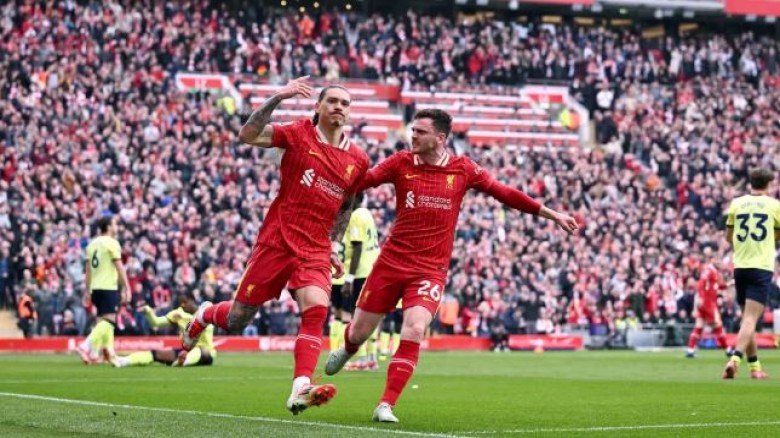

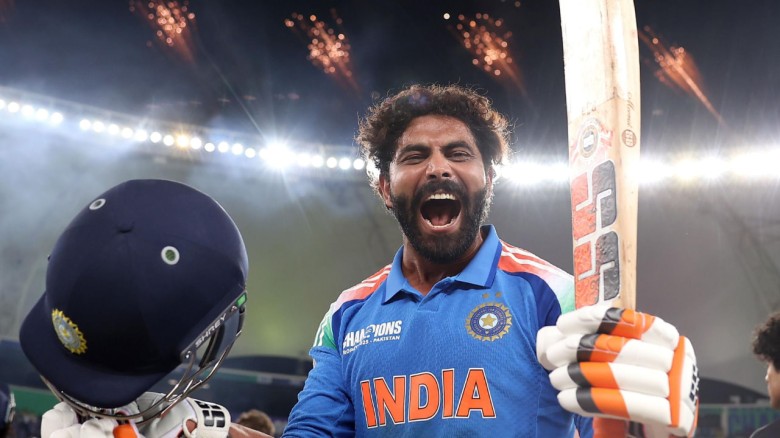
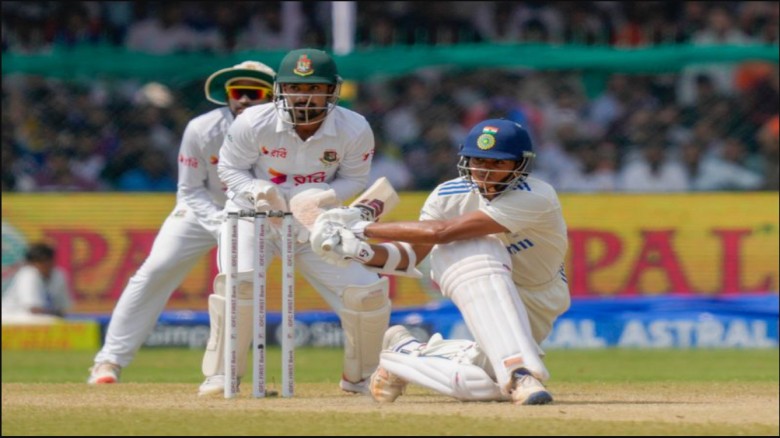
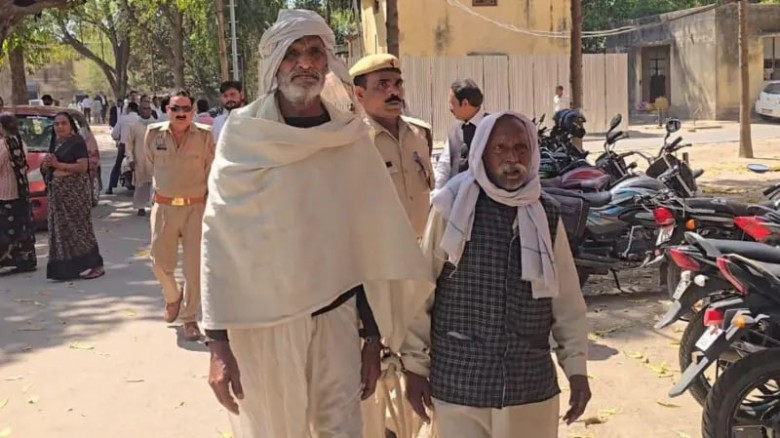


Leave A Comment